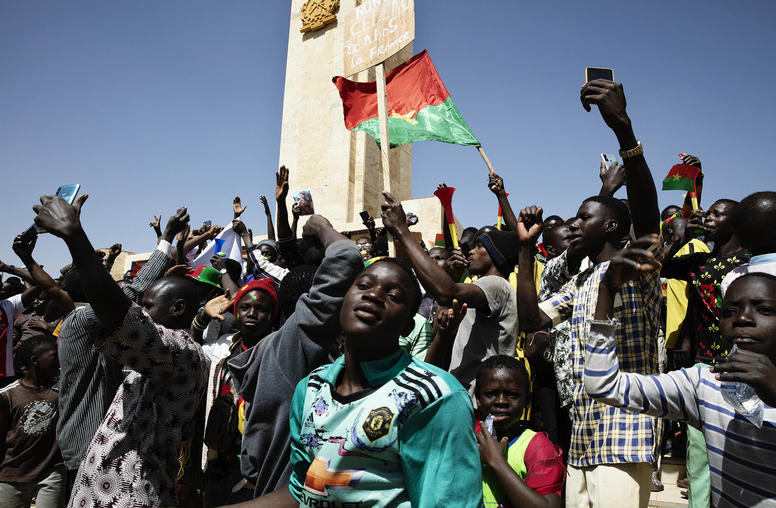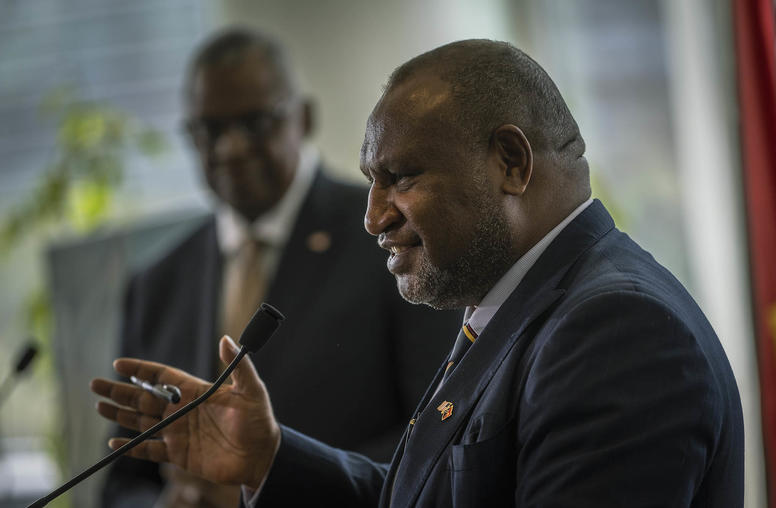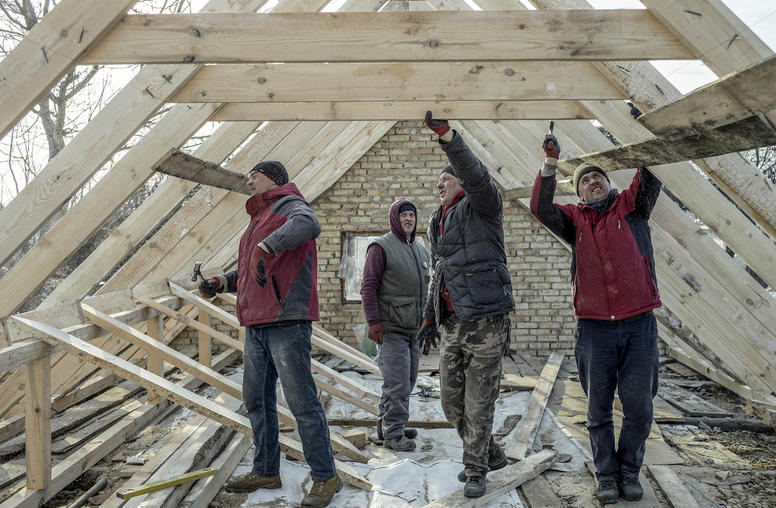Preparing for Complex Conflicts
U.S. Leadership and the Challenge of State Fragility Policy Briefs
The Fragility Study Group is an independent, non-partisan, effort of the Carnegie Endowment for International Peace, the Center for a New American Security and the United States Institute of Peace. The chair report of the study group, U.S. Leadership and the Challenge of State Fragility, was released on September 12. This brief is part of a series authored by scholars from the three institutions that build on the chair report to discuss the implications of fragility on existing U.S. tools, strategic interests and challenges.
The United States and its partners have not been unambiguously successful in most of the conflicts they have been engaged in since 9/11. In some cases, conflicts that had seemed settled erupted again under different guises. Combatants that had appeared defeated emerged under different names. Partners that had seemed reliable turned out to have different agendas. Successful operations have rarely led to strategic success. In short, tactics, alliances, motives, and players shift so quickly now that existing analytic “conflict lenses” sometimes make today’s conflicts look more kaleidoscopic than focused – shift your perspective just a little and the whole picture seems to change.2
In the face of this complexity, how should the U.S. government organize and position itself to protect its interests and contribute to a stable international order in the future? Some scholars and practitioners have suggested the answer lies in finding ways to be more adaptive and innovative – more like startups and venture capitalists than government bureaucracies. But what does that mean in practice? What are the systemic challenges the United States would need to overcome to prepare adequately for conflicts that realistically are not likely to be susceptible to normal planning?
Dr. Robert D. Lamb is a visiting research professor at the Strategic Studies Institute of the Army War College and Melissa R. Gregg is a Ph.D. student in the School of Criminology at Simon Fraser University.



